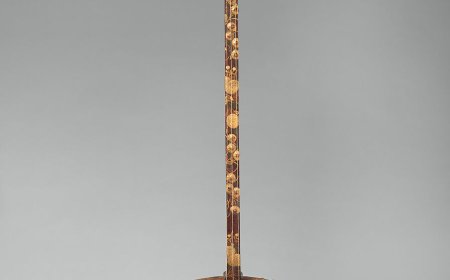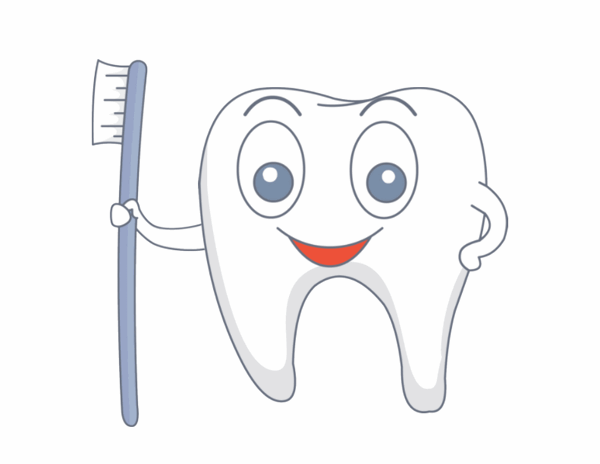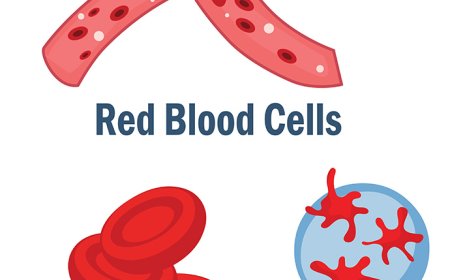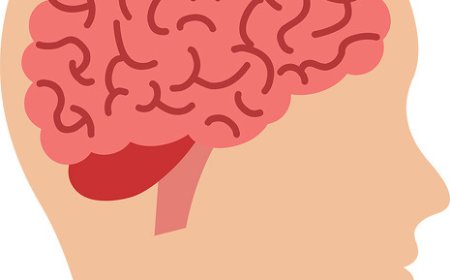How the Urinary System Maintains Balance in the Body
Discover how the urinary system controls water, salt, pH, and blood pressure. Learn how kidneys keep the body balanced and healthy.
How the Urinary System Keeps the Body in Balance
🧠 Introduction: More Than Just Waste Removal
While most people think the urinary system is only about getting rid of waste, it actually does so much more. One of its most important jobs is to help your body stay in balance, a condition called homeostasis. This means keeping everything in your body stable and working properly, from the amount of water in your blood to your blood pressure and acid levels.
Your kidneys are the leaders of this balance team. Every second, they’re measuring and adjusting what your body needs. Whether you’ve just had a salty snack, run a mile, or spent hours in the sun, your kidneys are busy making adjustments to protect your health.
💧 Balancing Water: Not Too Much, Not Too Little
Water is essential for life. Your body uses it in nearly every function, including digestion, temperature control, and removing waste. But having too much or too little water in your blood can be dangerous.
Your kidneys help by:
Removing extra water when your body has too much
Conserving water when your body is dehydrated
If you drink a lot of water, your kidneys make more urine to get rid of the extra fluid. If you don’t drink enough, your kidneys hold onto water and produce a smaller amount of dark, concentrated urine. This system allows your body to adapt to how much water you drink each day.
🧂 Controlling Salt and Minerals
Your cells need the right balance of electrolytes, which are minerals like sodium, potassium, calcium, and magnesium. These help with nerve signals, muscle movements, and even keeping your heart beating correctly.
The kidneys control salt and mineral levels by:
Reabsorbing needed minerals into the blood
Releasing extra minerals into the urine
For example, if you eat a salty meal, your kidneys remove the extra sodium. If you’re low on potassium, they hold onto it. This balance keeps your muscles and nerves working the way they should.
🌡️ Managing Blood Pressure
Your kidneys are directly linked to your blood pressure, which is the force of blood pushing against your arteries. If it gets too high, it can damage your heart and organs. If it’s too low, your body won’t get enough oxygen.
The kidneys help control blood pressure by:
Adjusting how much fluid is in your blood
Releasing a hormone called renin, which helps narrow or widen blood vessels
By deciding how much water to keep or remove, the kidneys help regulate the volume of your blood. More fluid in the blood means higher pressure; less fluid means lower pressure. This helps your body stay in a safe and stable range.
🧪 Keeping Your pH in Check
Your body must also maintain the right level of acidity (pH). A normal blood pH is slightly basic, around 7.35 to 7.45. If your blood becomes too acidic or too basic, important systems in your body can start to fail.
The kidneys help by:
Removing excess acids when your blood becomes too acidic
Holding onto or releasing base compounds when needed
This process is called acid-base balance, and it’s essential for things like breathing, circulation, and digestion. The kidneys work alongside your lungs to keep pH levels steady, even when you’re exercising or sick.
🔄 All Systems Connected
All of these balancing jobs—water, minerals, blood pressure, and pH—are connected. If one system gets thrown off, the others are affected too. That’s why the urinary system works constantly to make tiny changes that keep everything in check. This process is automatic, and you don’t even feel it happening—until your body gets out of balance and sends warning signs like:
Dizziness or fatigue
Muscle cramps
Dark urine or no urination
Swelling in your hands or feet
High or low blood pressure
Staying hydrated, eating a balanced diet, and avoiding too much salt helps your kidneys do their job even better.
🧠 Vocabulary List
Term Definition
Homeostasis The body’s ability to maintain stable internal conditions
Electrolytes Minerals like sodium and potassium that help nerves and muscles work
Dehydrated When the body doesn't have enough water
Renin A hormone released by the kidneys that helps control blood pressure
pH level A measure of how acidic or basic something is
Acid-base balance The process of keeping the body’s pH in a healthy range
Reabsorption Taking back useful substances from the urine into the blood
Urine concentration How diluted or strong the urine is, based on fluid levels
❓ Interactive Quiz: Body Balance Check
1. What is homeostasis?
A. A disease
B. How your body fights germs
C. Keeping the body in balance
D. Filtering food
2. What do the kidneys do when you're dehydrated?
A. Make more urine
B. Stop filtering blood
C. Hold onto water
D. Release salt
3. Which hormone helps control blood pressure?
A. Insulin
B. Cortisol
C. Renin
D. Estrogen
4. Why do the kidneys remove extra sodium?
A. To make you thirsty
B. To help you sleep
C. To keep mineral levels balanced
D. To make red blood cells
5. What happens if blood becomes too acidic?
A. It becomes stronger
B. Muscles grow faster
C. Organs may stop working properly
D. pH level stays the same
🟢 Answers: 1-C, 2-C, 3-C, 4-C, 5-C
⭐ Kid-Friendly Summary
Your urinary system doesn’t just remove waste—it helps your body stay balanced. The kidneys control how much water, salt, and minerals your body keeps or releases. They also help control your blood pressure and keep your blood from becoming too acidic or basic. All these jobs work together to keep you healthy and strong. When your kidneys are working well, your whole body feels better!
🤯 Fun and Interesting Facts
If your body needs water, your kidneys can reduce urine to just a few tablespoons a day.
Bananas are high in potassium, an electrolyte that kidneys help manage.
Kidneys help regulate red blood cell production too!
A special machine called a dialysis machine can do the kidneys' balancing job if they stop working.
Some desert animals recycle their urine to survive with very little water.





















































